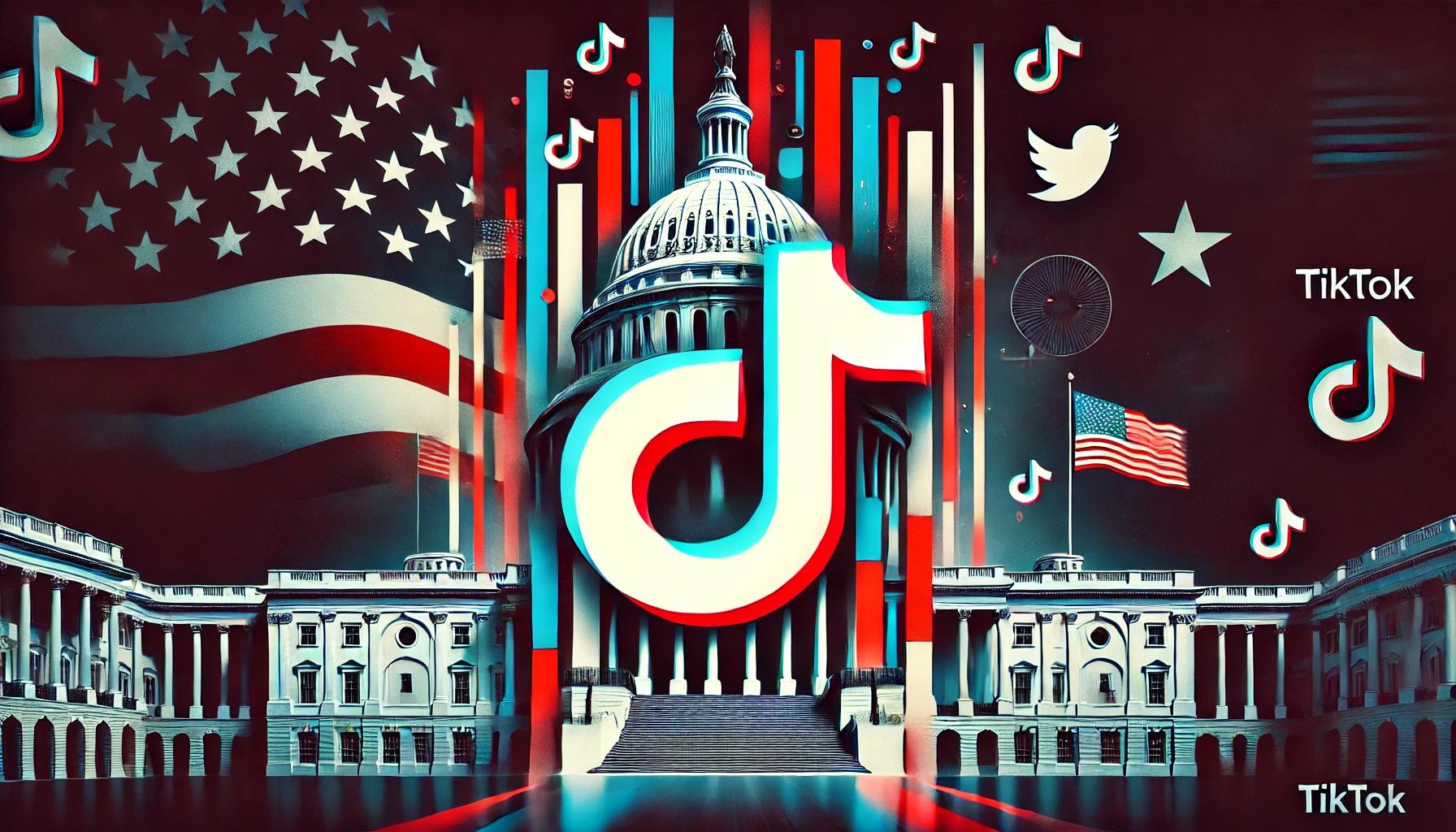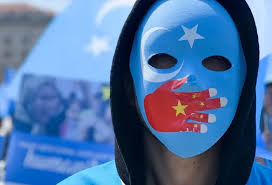TikTok is once again at the center of a political and legal battle as the U.S. considers a potential ban on the platform. The controversy stems from a law requiring TikTok’s Chinese parent company, ByteDance, to divest from the app by January 19, 2024. This deadline coincides with the start of Donald Trump's second presidential term, adding a layer of political significance to the matter.
President Joe Biden has the authority to extend the deadline but has so far provided no indication of doing so. In the meantime, stakeholders appear to be operating business as usual, possibly anticipating that the ban will not materialize—mirroring similar situations in the past. However, TikTok’s legal challenge against the divest-or-ban law has faced unfavorable reception in court, with experts predicting the case may escalate to the Supreme Court.
Waning Public Support for a Ban
Public opinion on a TikTok ban has evolved, with support for such a move declining in recent months. This shift could complicate enforcement efforts, as the platform remains immensely popular among younger demographics and content creators who rely on it for income and exposure.
Former President Donald Trump, who played a significant role in earlier efforts to restrict TikTok, has expressed interest in preserving the app should he return to office. His approach may involve brokering a sale of TikTok’s U.S. assets to a non-Chinese company, a move supported by some in Congress. However, the Chinese government may resist such a sale, viewing it as a loss of sovereignty and control over its technological advancements.
Broader Implications
The ramifications of the divestment law extend beyond TikTok. Other apps owned by ByteDance and even foreign-owned social media platforms could face similar scrutiny under the same legal framework. This raises broader questions about data privacy, national security, and the regulatory future of digital platforms in the U.S.
While the ultimate fate of TikTok remains uncertain, the outcome of this legal and political battle will likely set a precedent for how foreign-owned technology companies are treated in the U.S. market. With tensions between Washington and Beijing showing no signs of easing, the resolution of this issue could have far-reaching implications for global tech companies and U.S.-China relations.



.jpg)


